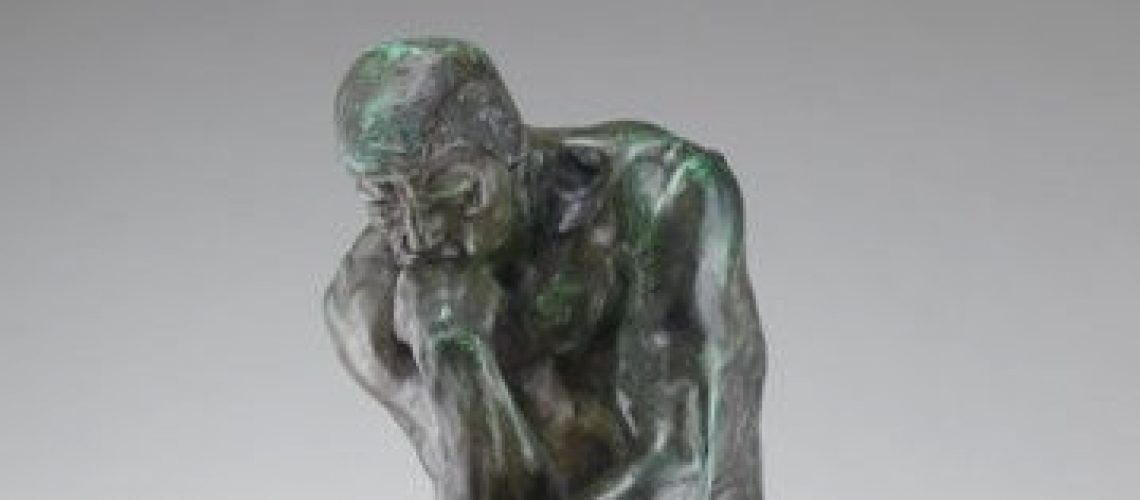I am often asked to critique the performance of the Project Sponsor as part of the Post Implementation Review (PIR). This is a very tricky exercise because of the unique needs of each project and the interplay between the Sponsor and the Project Manager.
Having said that a great Sponsor:
1. Provides Clarity. What is the objective of the exercise and what does success look like? When the team goes off track does the Sponsor recognise this and take appropriate steps to rectify the situation?
2. Displays Competence. This does not mean that the Sponsor needs to be expert in the domain of the project, but like the Board Director they need adequate domain knowledge and competence to discern what is “better”, apply foresight to navigate the external risks and able to give appropriate direction.
3. Exudes Confidence to act or not act when necessary. A hesitant Sponsor is poison for a project. It will negatively impact on the delivery capability of the project team and perpetuate fear responses.
4. Demonstrates Commitment to the project. If the Sponsor is not committed why should anyone else take the risk?
5. Applies Smart Trust . Smart trust is establishing there is good foundations to trust the project team to deliver the business case. This includes capability, capacity, process and controls.
6. Acts with Authority and Influence to get the job done often in a hostile environment. Without this you may build the product but not get the true benefit of the project.
7. Is Detached from the project. This means not being bound by past decisions when it is apparent a different decision is necessary. This includes closing down the project.
Wait a minute! That list describes a great senior executive. That is true.
However because large projects are inherently uncertain compared to BAU activity the effort required of the Sponsor, the tools at their disposal and the experiences they need to bring to the situation are quite different. As an example, the processes underpinning BAU activity are tried, tested and honed on a continual basis justifying the executive’s confidence and trust. Whereas each project forms its processes and then dismantles them at project completion. As such they do not go through the improvement cycle as often and cannot be relied upon to the same extent. Yet executives do rely on those processes without questioning the robustness of those processes. This breaches the “Smart Trust” test.
The tools appropriate to the Project Sponsor are more akin to those available to a Board Director where:
a) The questioning and critical thinking skills must be more finely tuned because of the level of uncertainty. (Clarity)
b) The breadth and diversity of their co-directors to do the same improves the assessment of the situation. (Competence)
c) Establishing and then recognising the expertise of their advisers in the decision process. (Smart Trust)
d) Testing that a robust process is in place to bring the facts, insights, risks and opportunities to the table for a quality decision. (Smart Trust)
e) The individual is sufficiently disassociated from the situation and has the confidence to call out when things are not what they would expect them to be. (Independence)
As part of my project coaching practice I encourage the Project Sponsor and Project Manager to work together to articulate these attributes in the context of the project needs and ensure they manifest themselves to the benefit of the project. Unfortunately, this is rarely done and the Project Sponsor is left to do what they think is right.
